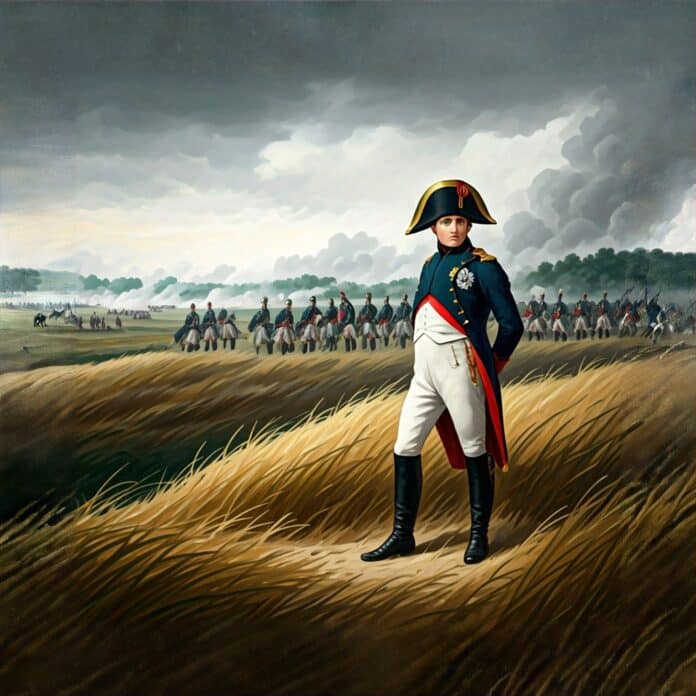Napoleon Bonaparte, one of history’s most famous military leaders and political figures, left an indelible mark on Europe and the world during his reign as Emperor of France. From his meteoric rise to power to his legendary campaigns, Napoleon remains a fascinating figure with a legacy that continues to be studied today. Here are four interesting facts about the life and career of Napoleon that reveal his complex personality and lasting influence.
First, Napoleon was not actually French by birth. Although he would become synonymous with France, Napoleon was born on the island of Corsica on August 15, 1769. At the time of his birth, Corsica had recently been acquired by France from the Republic of Genoa. Growing up, Napoleon’s native language was Italian, and he only learned French as a second language, which he spoke with a strong Corsican accent for much of his life. Despite his foreign roots, Napoleon rose through the ranks of the French military and became a symbol of French nationalism and power.
Second, Napoleon was an incredibly skilled military strategist, known for his ability to outmaneuver much larger armies. One of his most famous campaigns was the Battle of Austerlitz in 1805, also known as the “Battle of the Three Emperors.” In this engagement, Napoleon’s forces decisively defeated the combined armies of Russia and Austria, despite being outnumbered. His use of speed, surprise, and innovative tactics allowed him to achieve numerous victories throughout his career, cementing his reputation as one of the greatest military commanders in history. His strategic brilliance changed the way wars were fought and studied for generations.
Third, Napoleon was responsible for significant legal and social reforms in Europe, most notably the Napoleonic Code. The Napoleonic Code, or the Civil Code of 1804, was a comprehensive set of laws that abolished feudal privileges, established equality before the law, and codified property rights. It served as the foundation for legal systems not only in France but also in many other countries across Europe and the world. This code is considered one of his most enduring legacies, as it introduced reforms that contributed to the modernization of European society and laid the groundwork for future legal frameworks.
Finally, Napoleon’s defeat and exile were marked by dramatic comebacks, but he ultimately spent his final years in isolation. After his initial defeat in 1814, Napoleon was exiled to the island of Elba, only to escape and return to France in 1815 during what became known as the “Hundred Days.” He briefly regained power, but after his crushing defeat at the Battle of Waterloo, he was exiled again, this time to the remote island of Saint Helena in the South Atlantic. There, Napoleon lived out the last six years of his life, far from the political and military stage where he had once dominated. His exile and eventual death in 1821 marked the end of an extraordinary and tumultuous era in European history.
These four facts illustrate the remarkable and multifaceted life of Napoleon Bonaparte. From his origins on a small Mediterranean island to his rise as a military genius, lawmaker, and eventual exile, Napoleon’s story continues to captivate people around the world. His legacy, both as a leader and a reformer, remains a subject of fascination and debate to this day.

